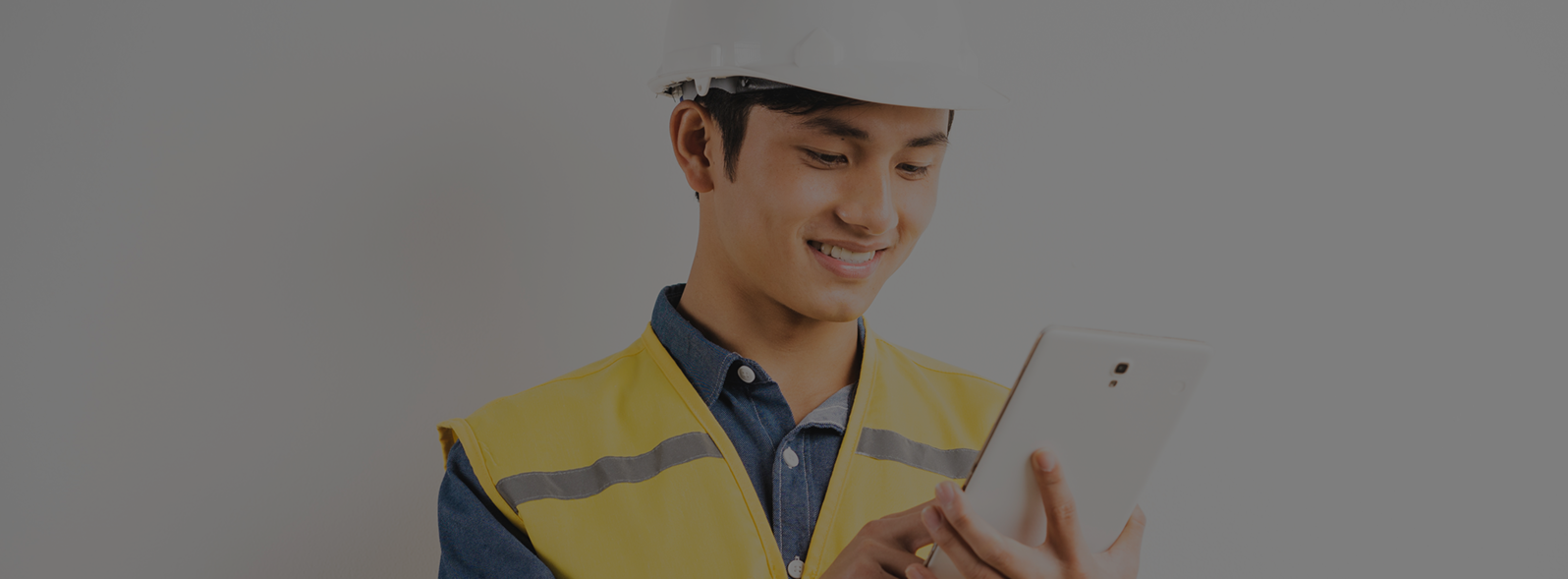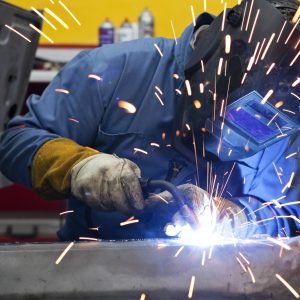Simply put eventually you will need to show your work – and it’s not always easy (in fact, it’s hardly ever possible) to get accurate evidence of your work once you leave the job site.
But WHY would you need photos or a portfolio, we hear you ask? Well, here’s a couple of very important reasons:
1. It acts as quality assurance and personal insurance
First and foremost, documenting your work is the best insurance against quality or contractual disputes. No doubt you would have had an experience where a client, colleague or boss has challenged your work or thrown blame your way for something you haven’t done.
And if you haven’t had this experience, we hate to tell you it’s only a matter of time. It’s an annoying but inevitable part of the business. So, to make sure you’re prepared it’s important to get into the habit of documenting your work as you go so you have evidence of the job you’re doing if you need to defend yourself or your work. This is particularly important if you work for yourself.
2. It creates accountability and improves your development
Ok granted this is a professional-development focused reason and might not strike you as essential right now. However by taking photos or video of your work you create self-accountability for the quality and progress of your work. No one wants evidence of a terrible or sub-par job, so simply by integrating a documenting process you create a higher level of responsibility for yourself and your development, ultimately improving your skill and future opportunities.
3. It can help you get work and build a business
If you’ve dreamt of working for yourself as a sole-trader, or even dream of starting your own business, you’ll need to show off your work to potential clients. Having a portfolio of work behind you makes it much easier to showcase your ability and your style. These days you can’t build a successful business without an active social media presence and user-friendly website, complete with images and videos of your work. So, start now, even if you’re not quite at the business stage.
4. It’s essential for future learning, certification and job applications
If you’ve ever thought of using recognition of prior learning (RPL) to get your skills certified, you’ll need a portfolio of evidence. Through RPL an assessor from a registered training organisation will look at your portfolio of work as evidence that your skills and knowledge satisfy the requirements of the certification. You can learn more about what type of evidence you’ll need here.
A portfolio is also an excellent and often required addition to job applications and can be instrumental in helping you secure your career goals.
Want to know more about RPL? Contact our team today.
















